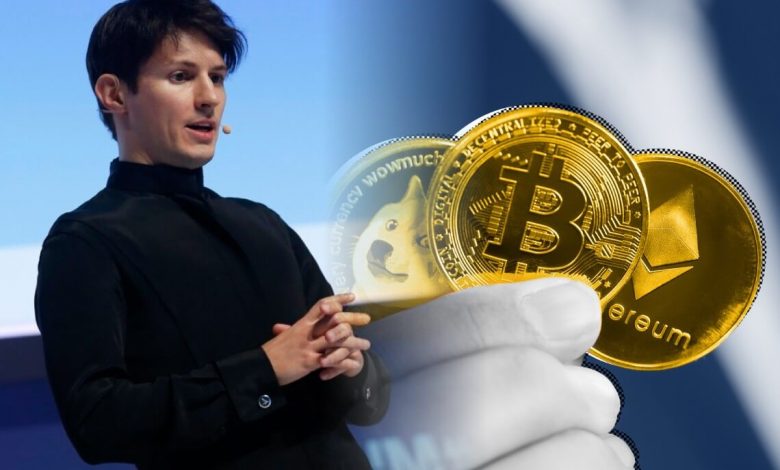
The interview evidence reveals that Pavel Durov strongly believes that the user privacy of his users must be protected, and there is no curtailment of freedom of speech under any circumstances. A few key points stand out:
He sold two-thirds of his social media start-up instead of trading users’ privacy and data for Telegram just because the government in the U.S. is trying to get it.
On the other hand, in the case of Telegram, which managed to attract 800 million active users within a month by putting no money into marketing, it implies that the troubleshooting attempts have been in vain, as the platform is probably doing what its users need most, i.e., security and privacy.
Durov suggested that he is developing crypto-centered units as hardware add-on products. This can be seen as a hint that he will use technology to go on with his plan of more decentralization and protection of the user’s information and communication. The state’s political figures might have a valid point when they argue for limited access to user data for the sake of public safety. At the same time, Durot has a fair counterargument that resonates well with the principles of civil liberties and safeguarding user privacy. Simultaneously, there are arguments about the importance of good wallets and the need to consider these priorities.
Finally, it’s important to acknowledge that his extreme imperviousness can sometimes compromise his data privacy, a hallmark of our data economy era. Telegram takes its rightful place as a preferred choice for those who see privacy, security, and freedom of expression as the above-defining requirements for one’s communication platform.
Telegram’s Durov Supports Blockchain and Hardware Wallets for User Privacy
As it appears, Pavel Durov, the founder of Telegram, considers blockchain technology and software-based hardware wallets as a promising way to make user privacy secure in the digital age. According to Durov, the crypto community and tech entrepreneurs in general should follow the cryptographic wallet example and do their best to guarantee the data privacy of their users. Cryptocurrency users get a higher degree of anonymity through this wallet ecosystem.
Telegram printed an addition to its platform in which users can make payments in Toncoin, a cryptocurrency the telegram supports to ensure privacy and freedom of expression. Durov’s decision thus shows that he believes in the technology of blockchain. Durov’s perspective centers on the fact that communications tools like smart phones and messaging apps could draw on blockchain technology to create encrypted, more secure lines of communication.
When asked about whether we’ll ever find a way to have data protection, Durov commented that he’s an optimist and that this is the era of physical devices for communications, like we have physical wallets today. He believes that the universe changes on a periodic basis, and consequently, what we perceive as privacy-threatening may be reversed in the future.
These are the main ideas put forth by Durov about blockchain technology, like cryptocurrency wallets, being a case study of how one can deal with user privacy online. He believes the future innovations can be improvements in messaging and phone call systems with better-secured encrypted hardware by applying cryptography and blockchain.